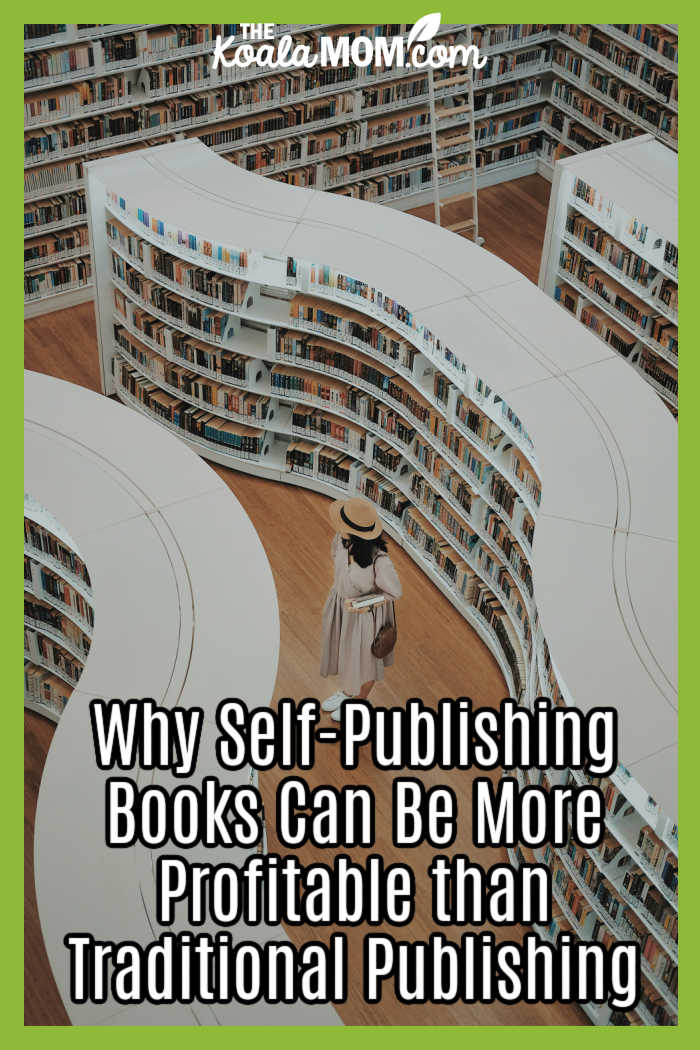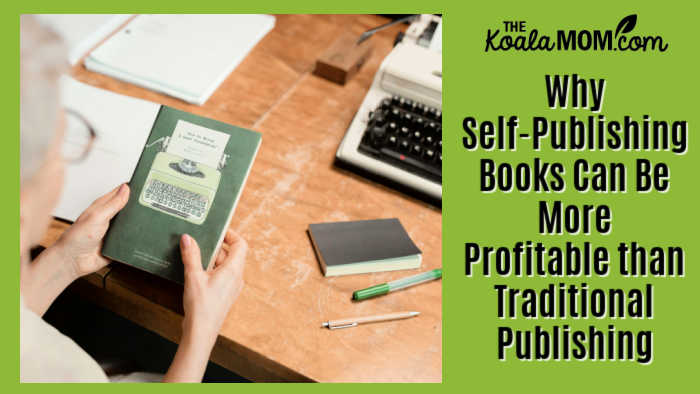The rise of digital platforms has transformed the publishing industry, offering authors new opportunities to reach their audiences. Among these opportunities, self-publishing books has become a popular and profitable alternative to traditional publishing.
For many authors, the appeal of self-publishing lies in the control it offers, as well as the potential for higher earnings. If you’re considering self-publishing your book, here’s why it could be a more profitable route than traditional publishing.

Higher Royalties and Revenue Potential
In traditional publishing, authors typically receive only 10-15% royalties on the sale of their books. In contrast, self-publishing platforms like Amazon allow authors to earn up to 70% in royalties, depending on the pricing and distribution options they choose. By using tools like the Amazon book revenue calculator, authors can estimate how much revenue they can earn per book sold. This allows them to set competitive prices while maximizing their profits. Since self-published authors keep a larger share of each sale, they often find that even with fewer sales, they can make more money than they would through a traditional publishing deal.
Full Control Over Pricing and Distribution
Pricing decisions are often out of the author’s hands in traditional publishing. Publishers set prices based on market trends, costs, and other factors, which may not always align with the author’s goals. When self-publishing, authors have complete control over the pricing of their books. This flexibility allows authors to experiment with different pricing strategies, such as offering discounts or promotions, to attract more readers and increase sales.
Self-published authors control where and how their books are distributed. Many platforms, like Amazon Kindle Direct Publishing (KDP), Barnes & Noble Press, and Apple Books, allow authors to distribute their ebooks globally, reaching readers across the world without the need for traditional distribution channels. This wide reach is invaluable for authors seeking to build an international audience.
Faster Time to Market
One of the most frustrating aspects of traditional publishing is the long process it takes to bring a book to market. From finding an agent and securing a publishing deal to editing and production, it can take months—if not years—for a book to be published. For many authors, this delay can be discouraging, especially when they have multiple projects they want to release.
Self-publishing authors can bypass the lengthy process and bring their books to market much faster. Once the book is written and edited, it can be published within days or weeks, depending on the platform. Authors who choose the self-publishing route can capitalize on trends, meet reader demand, and generate income more quickly.
Complete Creative Control
Self-publishing offers authors complete creative control over every aspect of their book, from the cover design to the content itself. In traditional publishing, editors, marketers, and designers often make decisions about how a book is presented, which can sometimes conflict with the author’s vision.
When self-publishing, authors have the freedom to choose how their book is formatted, what the cover looks like, and how it is marketed. This creative autonomy is particularly appealing to authors who have a specific vision for their work and want to ensure that it is presented in the best possible way. The ability to retain full control over the content means that authors can publish niche topics or unconventional stories that might not appeal to traditional publishers.
Retain Rights to Your Work
In the traditional publishing model, authors often sign away some or all of the rights to their work, including foreign rights, film adaptation rights, and merchandising rights. This means that while authors receive a royalty, they may lose control over how their work is used in the future. On the other hand, self-published authors retain full ownership of their intellectual property and can make decisions about how their work is licensed or adapted.
This retention of rights gives authors more flexibility and the potential for additional revenue streams, such as selling the rights for film adaptations, foreign translations, or even audiobook versions. Because they keep control of their intellectual property, self-published authors are in a better position to capitalize on new opportunities as they arise.
Direct Connection with Readers
Through platforms like Amazon, Goodreads, or social media, self-published authors can engage with their audience, build a loyal fan base, and receive feedback in real-time. The direct interaction that comes with it allows authors to better understand their readers’ preferences, enabling them to tailor their future work to meet demand.
Building a personal connection with readers can also help drive sales, as loyal readers are more likely to recommend an author’s work to others and continue purchasing new releases. Engagement is often more difficult to achieve in traditional publishing, where the publisher acts as an intermediary between the author and the audience.

Self-publishing offers authors the potential for higher earnings, creative freedom, and faster access to the market, an increasingly attractive alternative to traditional publishing. Thanks to the introduction of technology and control over pricing and distribution, self-published authors can maximize their profits and reach a global audience. For those looking to take charge of their writing career, self-publishing can provide both the freedom and the financial rewards they seek.

No Responses Yet